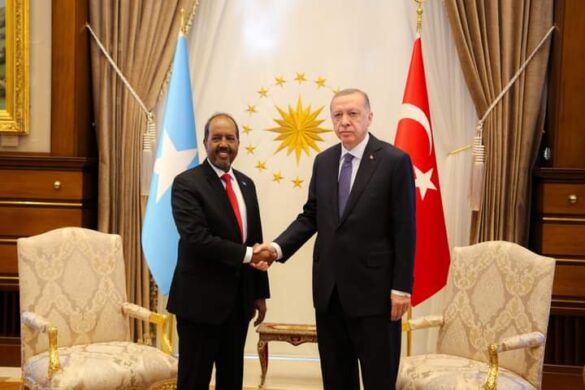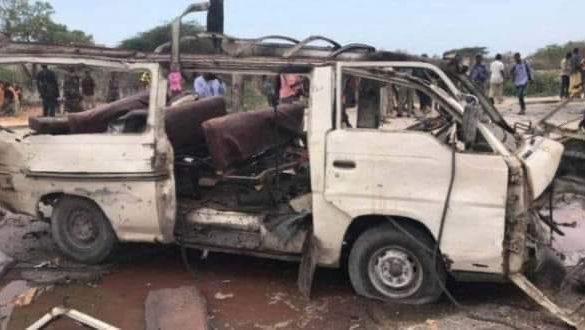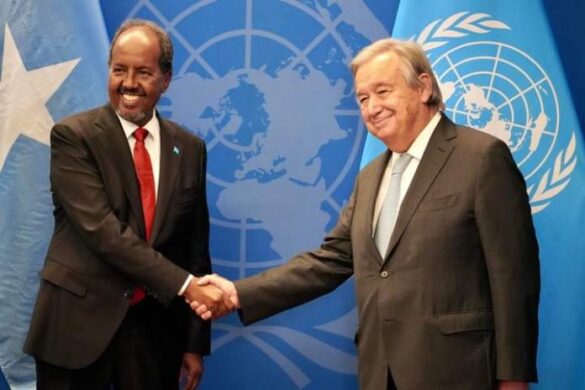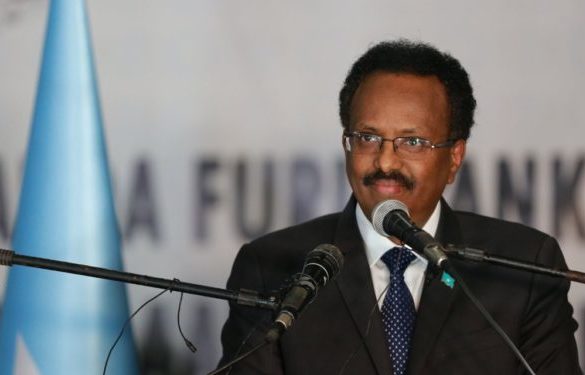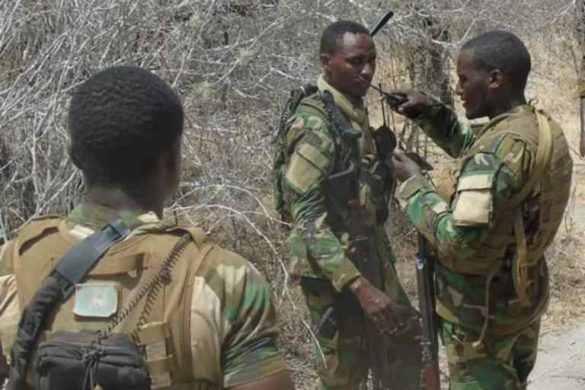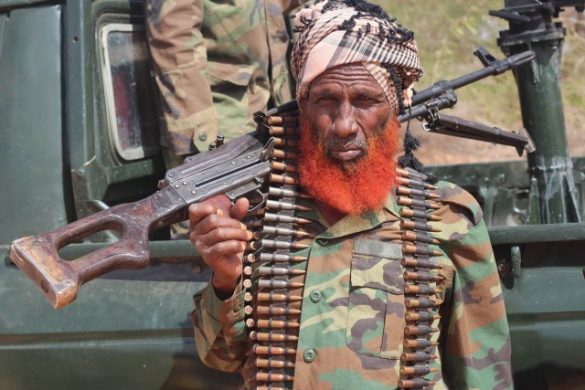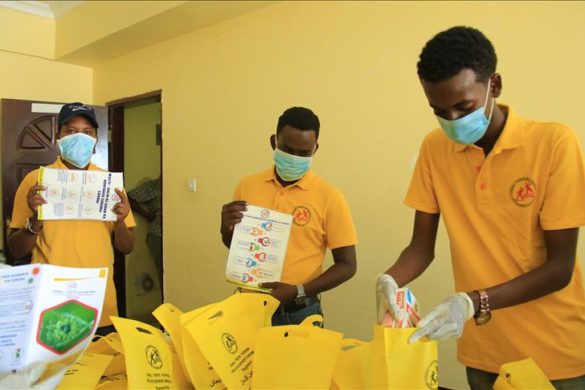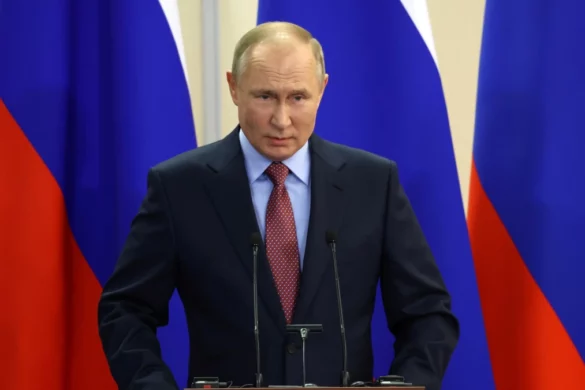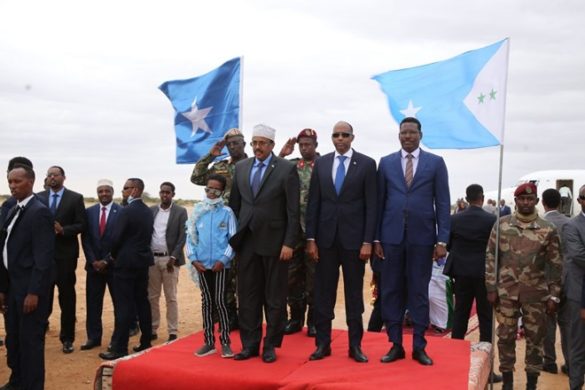The World Bank Board of Directors today approved a $55 million International Development Assistance (IDA)* grant to support Somalia’s economic recovery through continued fiscal and other economic policy reforms. The policies will strengthen fiscal management and promote inclusive private sector-led growth.
The supplemental financing helps Somalia ease the effects of the global COVID-19 crisis and continue implementing the reform program supported by the Somalia re-engagement and reform supplemental Development Policy Financing (DPF). The DPF delivers critically needed financing for Somalia’s revised 2020 budget, which allocates funds for an integrated and national response to the pandemic, including increased grants to sub-national government to ensure continued service delivery.Ads By Google“Our revised budget expands cash transfers to vulnerable households and provides a substantial increase in grants to subnational governments to help them respond to the pandemic in the face of declining revenue,” said Dr. Abdirahman Beileh, Minister of Finance. “The supplemental financing will help in plugging our public expenditure gap given the 29% domestic revenue shortfall and 2.5% GDP contraction in 2020.”
The World Bank and the International Monetary Fund approved Somalia’s eligibility for the Heavily Indebted Poor Countries (HIPC) Initiative on March 25, 2020, removing the constraints on economic growth and poverty reduction and providing access to IDA instruments to mitigate the impact of multiple crises in Somalia.
“The budget support will help protect lives and livelihoods and strengthen the capacity of Somali institutions to respond to the triple crisis of COVID-19 pandemic, locust invasion and flooding that threatens to derail Somalia’s reform program and its emergence from fragility,” said Hugh Riddell, World Bank Country Manager for Somalia.
The DPF is one component of the World Bank Group’s comprehensive response to the multiple crises Somalia is facing and includes investments in health systems, support for livelihoods threatened by locusts and flooding, improved fiscal coordination between federal and state governments, and financing of direct cash transfers to poor and vulnerable households. COVID-19 has spread rapidly in Somalia, which now has one of the highest infection rates in the region, with 18.7 cases per 100,000 people. Decades of conflict and state fragmentation have left Somalia’s public health system constrained and unable to mount an adequate, timely, and effective response to manage the COVID-19 crisis.
* The World Bank’s International Development Association (IDA), established in 1960, helps the world’s poorest countries by providing grants and low to zero-interest loans for projects and programs that boost economic growth, reduce poverty, and improve poor people’s lives. IDA is one of the largest sources of assistance for the world’s 76 poorest countries, 39 of which are in Africa. Resources from IDA bring positive change to the 1.6 billion people who live in IDA countries. Since 1960, IDA has supported development work in 113 countries. Annual commitments have averaged about $21 billion over the last three years, with about 61 percent going to Africa.

